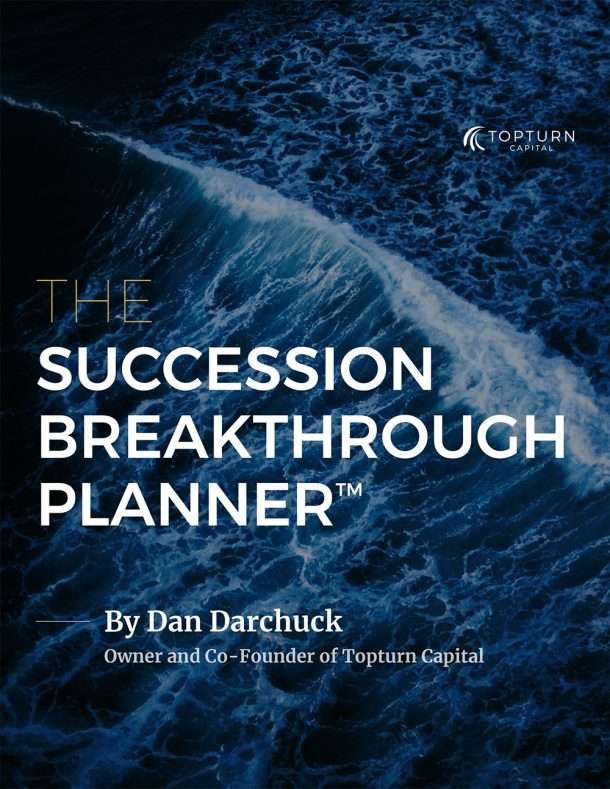ikˈstrēˌmizəm/
noun
-
The quality or state of being extreme (Merriam Webster dictionary)
-
The fact of someone having beliefs that most people think are unreasonable and unacceptable (Cambridge dictionary)
Extremism, in layman’s terms, describes any kind of exaggerated view. Whether it’s the obvious examples of political and religious extremism, or my more mundane obsession with baseball, the key factor in extremism is that it can result in views that are detached from reality.
In media, communications, politics, sports, and, yes, even the world of investment, extremism has become increasingly commonplace. Why has this narrative become so prevalent? What is the driving force?
A quick trip through Google’s lists of most reported news in 2016 turned up a focus on terrorism, the Zika virus, Brexit, the Panama Papers, and the presidential election. Surprisingly however, the 2016 Rio Olympics held a top spot in the list, perhaps a more positive, less extremist bit of news (assuming our swim team was left out of the reporting).
However, if you looked up the top searches in 2016, the absolute number one spot was held by the largest ever Powerball lottery: $1.5 billion spread across three winning tickets. After that, the passing of musician Prince held the second spot, followed by Hurricane Matthew, Pokemon Go, Donald Trump and Hillary Clinton. What is interesting about both lists is that extremism is not only played out in the media, but also directed by individual people and their interests. Increasingly polarized and extremist positions are dominating social conversations, media, and information sources.
What “sells” in media today is any extreme point of view – no matter what subject is being discussed or what side is being taken. Dollars are earned each time a link is clicked, and that link is clicked more frequently when the perspective provided taps into an individual’s existing beliefs.
The Roots of Extremism
Extremism, despite its increasing notoriety, is not new. The gladiators of ancient Rome were far more extreme than today’s mixed martial arts fighters. When pax romana began, a period of long-term peace, the inner core of the Roman empire – an empire founded on war – was virtually insulated from violence. In memory of their traditions, artificial battlefields were set up for various forms of public amusement including; organized fights to the death between hundreds of gladiators, the mass execution of unarmed criminals, and the slaughter of both wild and domestic animals. The size of the amphitheaters they left behind – the Colosseum in Rome as a primary example – speaks to how enormously popular these displays of violence were.
People often gravitate towards a higher level of stimulus and excitement, and extremism in its many forms captures our interest. Confirmation bias, our tendency to ignore information that contradicts our beliefs, while focusing our attention on information which confirms and enforces it, can lead us to seek media outlets that share just one side of any given story.
Convergence, our tendency to become more like members of a group we identify with, can cause us to unconsciously become increasingly zealous. Divergence – the opposite tendency – can cause us to unconsciously deny information from a group in order to differentiate ourselves, coming up with more and more “out there” concepts which reinforce our differences. Groupthink can lead to the dehumanization of members of an opposing group, making them seem less like real people, as we are able to empathize more with people who are “like us”.
Once we become fanatical about a subject, we may start to experience an extreme emotional response when discussing our point of view, or engaging in this activity. Emotional payoff now becomes the reinforcing factor, allowing us to associate positive emotions with the extreme perspective, creating a somewhat addictive cycle.
The destructive results of emotional decision making
Consider the 2008/2009 financial crisis. How did it come about? Was there emotion involved in the decisions people made? Of course! Many people believed at the time that flipping homes was an easy way to make a quick buck, that if they didn’t buy a house today – even if they couldn’t afford it – they would never be able to, since prices were going up so fast. You could borrow money at basically nothing on an adjustable-rate loan… and if interest stayed at 1%, everything would be fine. The entire system was built on a foundation of emotion.
The more fearful, depressed, oppressed, discounted, or hopeless we feel, whether as individuals or communities, the more susceptible we are to endorsing or expressing extreme views. The shallower our level of understanding, the more confident we are in our opinions. That combination of low levels of knowledge and fear of missing out led to a national economic disaster.
One of the things we know for certain is that short-term emotion makes for a very unreliable advisor. When we share stories of the worst decisions we’ve made in life, we often recall choices that were made while in the grip of visceral emotion – anger, lust, anxiety or greed. How different would our lives have been if we each had about a dozen undo buttons in the aftermath of these choices?
More importantly, how do we stop ourselves before we make extreme, emotional decisions? The more we can step back and distance ourselves, the better we are able to have deeper perspective, and make more rational decisions.
A great example of the importance of distancing is provided in the book Decisive by Chip and Dan Heath. In this example, your friend meets a girl in his psychology class, and is thinking of giving her a call. However, he has only talked to her once in the past, so he is trying to determine whether to (a) talk to her more in class before calling, or (b) call her immediately. Most people surveyed would counsel their friend to call right now. Interestingly, if it was a choice they were making for themselves, most people would choose to talk to the girl in class more before calling. Why? Because when we think about ourselves, we let emotions make our decision for us.
The power of perspective
Warren Buffett was recently in the news again regarding a million dollar bet he’d made against Ted Seides, former co-manager of Protege Partners, an asset management firm. The bet, made in 2007, was that active investment management by professionals would underperform passive investment. The original bet was made just before the financial crisis, and the preceding years have been a time when it’s been relatively easy to make a great return – it looks like Buffett will be winning that bet. The implied message is that index investing is better, but in reality, how many people stayed invested during that time?
That’s where great managers and advisors can add a lot of value to a portfolio. While it might be “easy” in theory to just throw your money into an index fund and let it ride for 20 years, the reality is that most people won’t be able to stay invested when the market drops significantly, because emotions intrude.
If short term emotion is an unreliable advisor, then conversely a great advisor is someone who can navigate through the complexity of our emotions and help us see past the anxiety, stress, and euphoria, to focus on facts, data, and quantitative analysis.
Whether it’s the housing market, tech stocks, or the next big thing, if you ever feel like you “can’t lose”, it’s important to step back and check your own biases.
Are you considering buying into something that speaks to your own existing set of beliefs? Do you believe in it because those around you, people you admire, also believe? Does thinking about it give you a bit of excitement?
Is this choice… extreme?
– Greg Stewart, CIO


